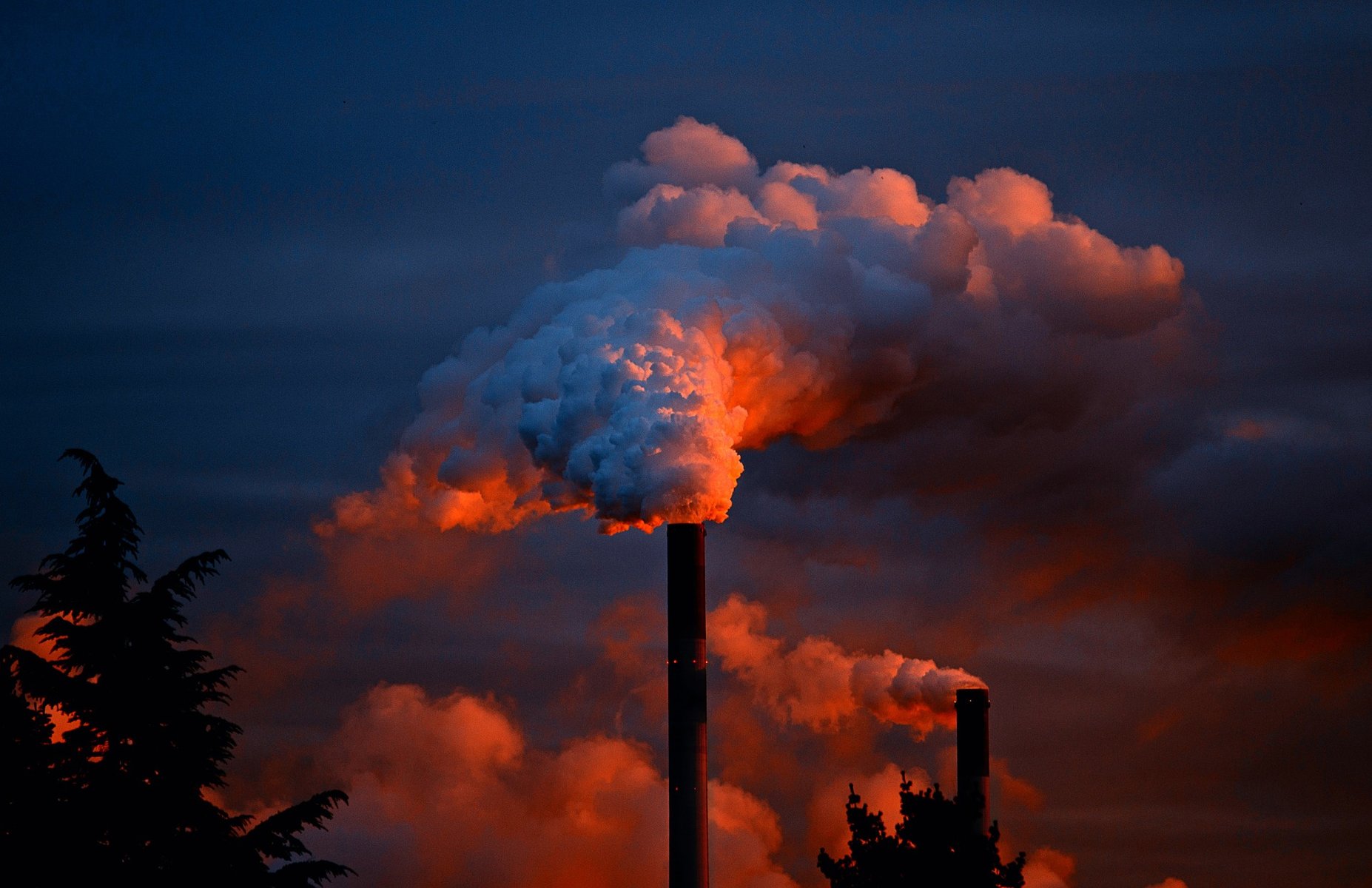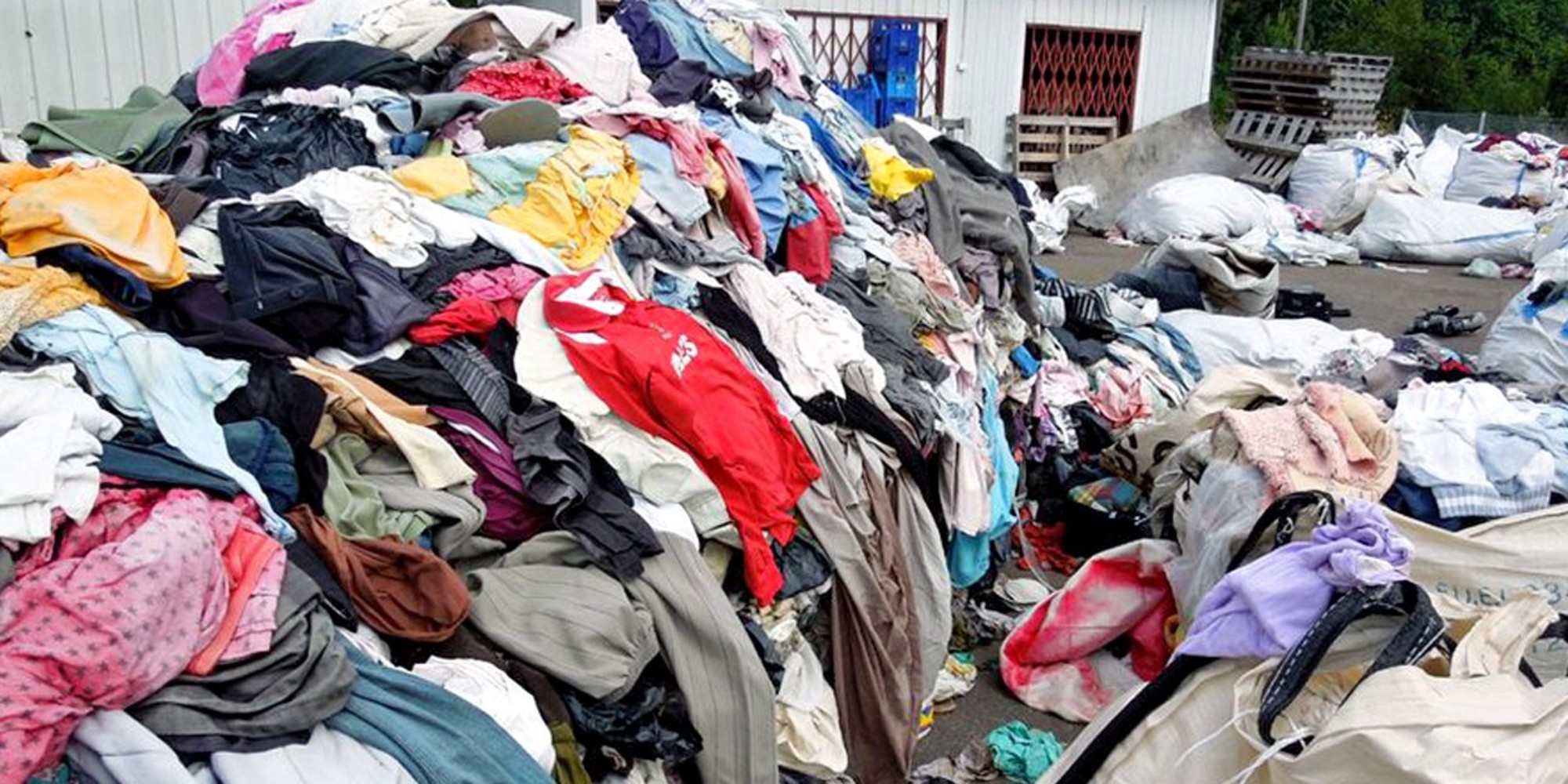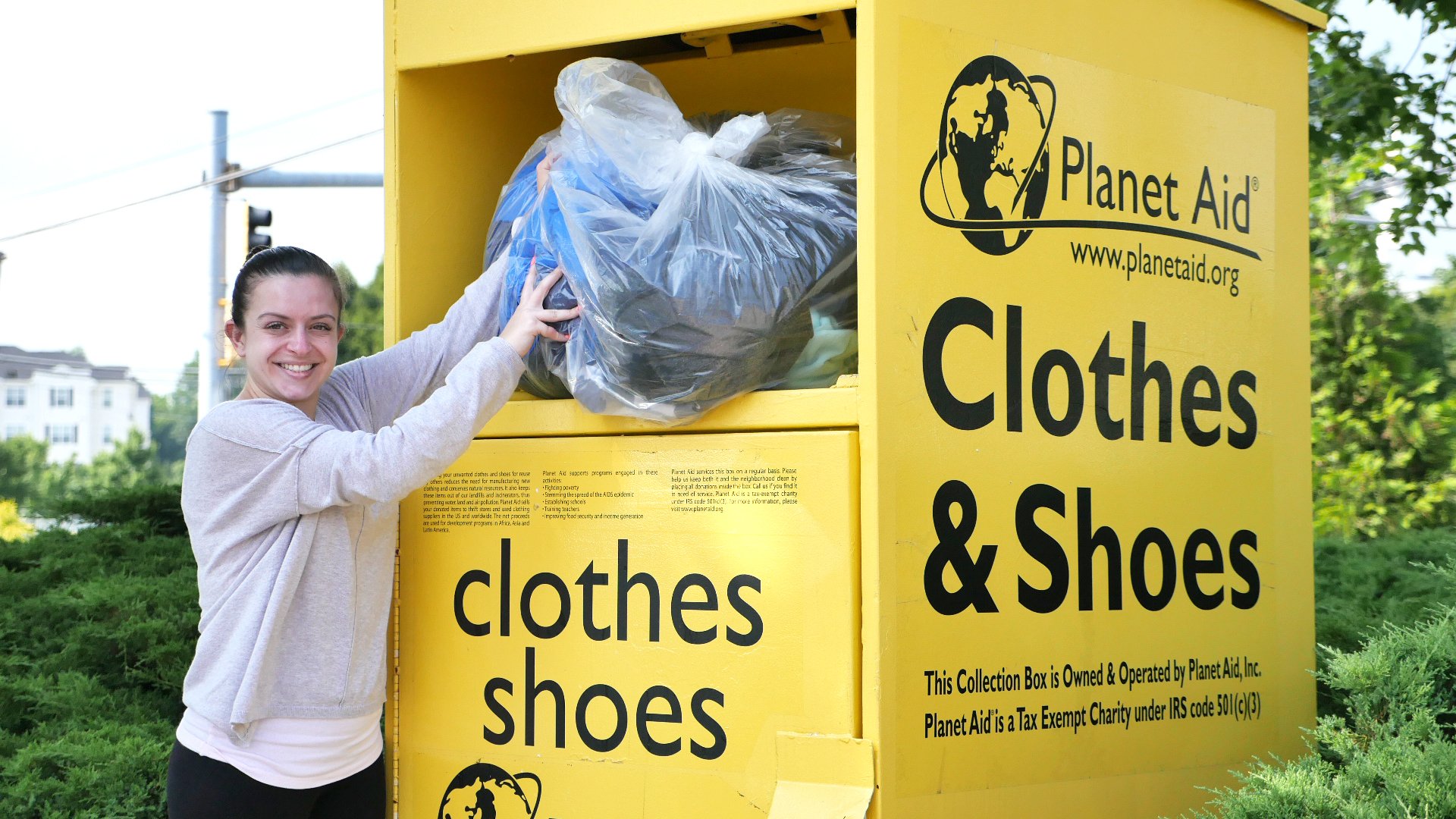The Real Impact of the Fashion Industry on our Planet
As we have covered before in our fast fashion blog series, the fashion industry has not been kind to the Earth. Despite individual fashion brands making strides toward sustainability, the industry is in need of major reform. Earlier this year, the nonprofit and leadership forum the Global Fashion Agenda released a report providing insight on the industry's growth toward sustainability. The report found that progress decreased by one-third from 2018 to 2019.
In addition to the fashion industry struggling towards sustainability, it is the second most polluting industry—coming in right behind big oil—according to the United Nations. The clothing and textile industry has a serious impact on our environment that we cannot avoid.
Excess Use of Fresh Water
Water is used in every aspect of the clothing production process from growing cotton to dyeing fabric. The fashion industry has become a major fresh water consumer, in part, due to clothing production doubling between 2000 and 2014. According to the United Nations Conference on Trade and Development, the fashion industry uses 93 billion cubic meters of water annually, which is enough to meet the needs of five million people worldwide.
It takes around 2,000 gallons to make one pair of jeans, equivalent to the amount of water the average person drinks over seven years. This excess amount of water used to produce one piece of clothing is in part due to the amount of water needed to grow cotton. It takes around 2,700 liters of water to grow enough cotton to make a simple t-shirt. This has led to water scarcity issues in India, one of the world's major cotton suppliers.
Greenhouse Gas Giant

In addition to affecting water supplies around the world, the fashion industry affects the air we breathe. According to the United Nations Environment Program, the production of clothing and footwear generates over eight percent of the world's greenhouse gas emissions. If production practices do not improve, the greenhouse gas emissions from the fashion industry are expected to rise by 50 percent by 2030.
The excess use of synthetic fibers—which are used in 72 percent of all clothing items—also contributes to greenhouse gas emissions. Synthetic fibers, such as polyester and nylon, are made from fossil fuels, which is one of most environmentally harmful energy sources. Synthetic fibers are also non-biodegradable and take up to 200 years to decompose if they end up in landfill, releasing harmful greenhouse gases.
A Wasteful Industry

As stated at the beginning of this blog, the fashion industry is a major contributor to pollution and waste globally. The textile treatment and dyeing of clothing accounts for 20 percent of industrial water pollution globally.
The cheap quality of a majority of fast fashion items results in a short lifecycle, and consequentially in items being thrown away instead of recycled. Only 15 percent of textiles are recycled while the rest end up in a landfill. Every second, the equivalent of one garbage truck full of clothing is landfilled or burned.
Stop the Cycle
 If you want to combat the impacts of the fashion industry, you have to start with your lifestyle choices. It is imperative that you donate and recycle your clothing instead of just throwing your used items in the trash. Planet Aid has over 19,000 bins that are conveniently located so that you can drop off your clothing while you are going to the store or heading home from work. In 2018 alone, Planet Aid collected over 90 million pounds of clothing with the assistance of our large yellow bins.
If you want to combat the impacts of the fashion industry, you have to start with your lifestyle choices. It is imperative that you donate and recycle your clothing instead of just throwing your used items in the trash. Planet Aid has over 19,000 bins that are conveniently located so that you can drop off your clothing while you are going to the store or heading home from work. In 2018 alone, Planet Aid collected over 90 million pounds of clothing with the assistance of our large yellow bins.
The best way to combat fast fashion is to avoid being a consumer of the industry altogether. There are secondhand stores all over the country; we even have our own thrift store located in Rockville, Maryland. Shopping at secondhand stores gives clothing and shoes another life and keeps them out of landfills. You can also find stylish, vintage items you can't find at your corporate department store!
And for those items you don't want to buy at a thrift shop (like socks), look for sustainable companies that are on a mission to help instead of hurt the environment. Rockay, for instance, offers high-quality running socks and compressions sleeves made from recycled ocean waste.

